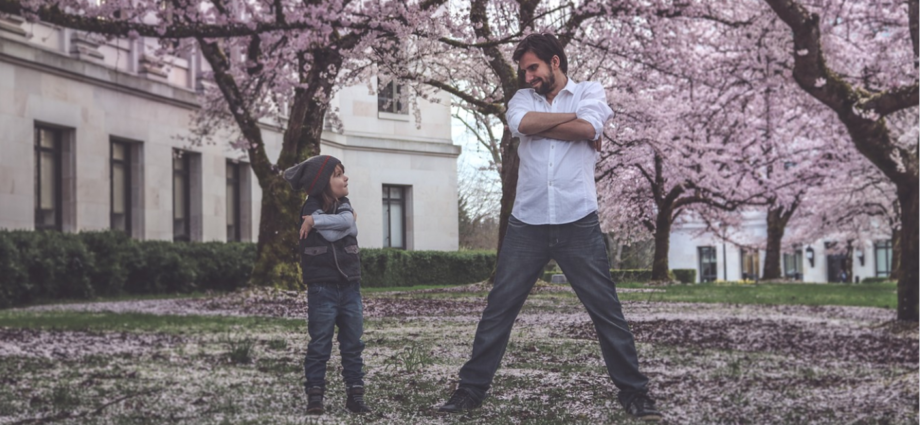|
|
Being a parent can be a daunting task. As a parent your job is to shape the lives of your children so they develop into respectable, civilized adults. A huge responsibility even though you have very little experience or knowledge of the process, other than what you were exposed to while growing up yourself. Putting limitations and restrictions on growing, inquisitive children can easily cause anger in them. It seems like children sprout rebellious personalities virtually overnight, igniting endless conflicts in the home.
Grades, Friends, Habits
How you raise your children affects many things. Such as the level of intensity and conflict within the home and their attitude toward you and any siblings, as well as teachers and other adults. Other things to watch out for include their grades in school, what kinds of friends they might develop, low self-esteem, the bad habits they may acquire like smoking, drinking alcohol or using illegal drugs, even engaging in risky sexual behavior and social noncomformity.
The Four Styles of Parenting
Parents should be aware of the four primary styles of parenting and what you can expect in response. Try to determine what style of parenting you fit into, or that you might want to learn more about.
The Authoritarian Parent
This type of parent is highly involved in all aspects of a child’s life. Authoritarian parents are comfortable with exerting reasonable control over their child’s daily bahavior. This parent is fully aware of what activities their children are engaging in and with whom. The children know the parents are involved in their lives, school and social activities. The parents plan birthday parties, BBQs, picnics and outings with their children’s friends and parents. Freedom and decision making increases with age and the children are taught that with new freedom comes responsibility and consequences. These parents rarely use harsh punishment, threats, arguments, ridicule or demands to keep the children in line.
The children behave normally, have good positive attitudes, get good grades, have high self-esteem, are cooperative and responsible. They are members of a healthy family.
The Permissive Parent
The permissive parent wants to be the child’s best friend, and showers them with love and positive praise. Few demands or restrictions are placed on the children, who are more or less self-parenting. These parents feel the children know what is expected of them.
Children that are raised with little or no controls tend to be temperamental, anti-social, defiant, rebellious, and seemingly out of control. Interactions with parents are generally hostile, ranging between extremely demanding to highly dependent.
The Autocratic Parent
This type of parent tends to have personality issues of their own. Often yelling, being overly critical, confrontational, and dishing out harsh punishments, even physical, for failing to live up to expectations. Conversations are usually one-sided tirades, with not much time wasted listening to the child’s excuses. The children have little say in their own matters.
These children live in constant fear and work hard at suppressing their negative emotions. They view their parents as harsh, cold, demanding and rejecting. Just like their parents, they are angry, aggressive, get into fights with peers and don’t do well at school. Odds are they will produce similar children of their own. See unhealthy families.
The Unengaged Parent
These parents don’t usually know what their children are doing or with whom. They are basically parents in name only. Unaware, unavailable and unaccepting of the children, these parents have little or no interest in them or their activities.
Children living in uncaring environments are likewise distant with other children as well as adults. They are emotionally unstable, and rely on anger and aggression to keep others from getting too close. They have very limited social or problem saving skills, do poorly in school, and will also grow up to raise similar children. See unhealthy families.
And the Verdict Is…
It is easy to see that of the four entirely different parenting styles, three provide proor results. Only the authoritarian style provides emtionally healthy, stable and successful children.
As children of authoritarian partents grow, they learn to make sound decisions and watch out for themselves more. At this point one of the other three parenting styles may be incorporated to allow them to maintain more influence over their own lives. This builds self-esteem, and teaches the children how to be responsible and decisive as they prepare for their fast-approaching adulthood.
This report is not a diagnosis. We hope this information can guide you toward improving your life.
Review our Knowledge Base or the links displayed on this page for similar and related topics.

